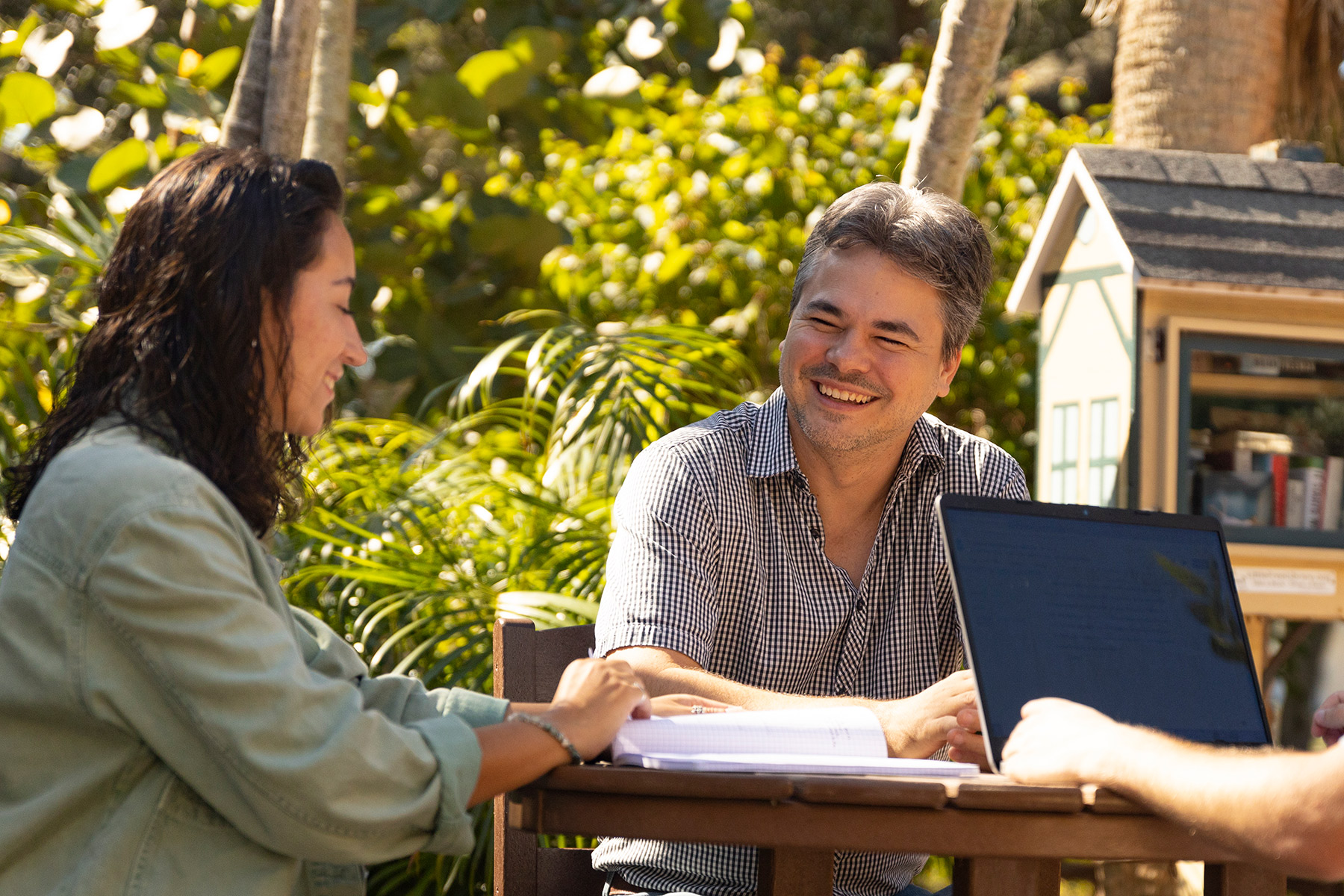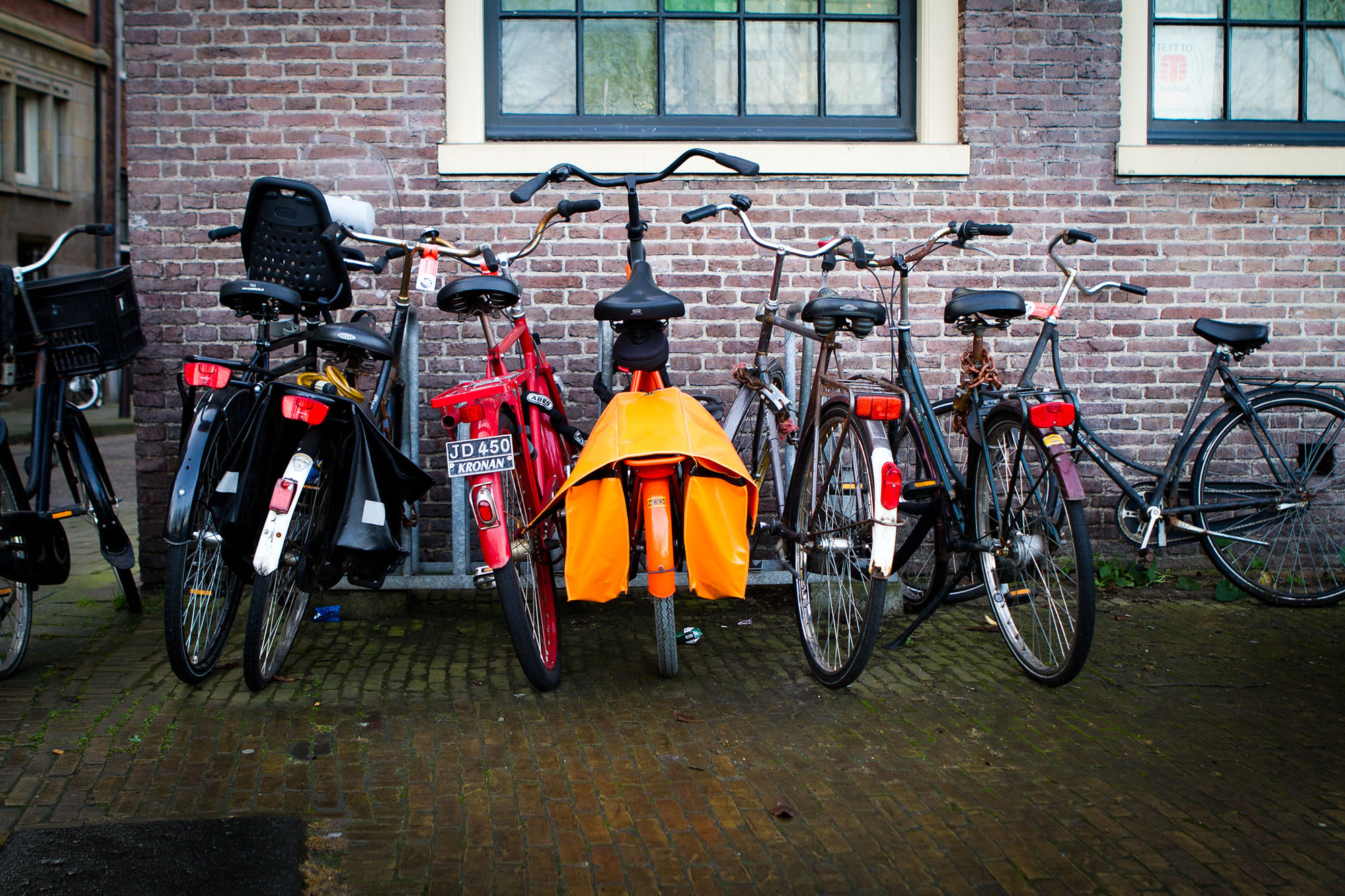Paris is one of five cities students will explore in an upcoming Spring into Summer course. Photo by Jordan Malmed ’15
Eckerd College Associate Professor of Environmental Studies Jesse Sherry, Ph.D., changed his usual spring semester Sustainable Cities course to bring the adventure along with the examination.
One of several Spring into Summer programs offering students at the College a chance to take a spring semester course that prepares them for travel commencing at the end of that semester, Sustainable Cities will shuttle his students around Europe to different places that successfully practice sustainability.
“This is the first time,” Sherry says about turning his campus course into a class that will study abroad. “I’ve wanted to do it since I started teaching this class nine years ago. Normally, we only talk about cities all over the world and then do a project about a neighborhood here in St. Petersburg. But now, I’ve picked five cities in Europe we will explore.”
The 16 students will visit Barcelona, Spain, from June 3–6; Valencia, Spain, from June 7–9; Amsterdam, Netherlands, from June 10–12; Paris, France, from June 13–15; and Grenoble, France, from June 16–18.
Each city has a deep history and innovative sustainability practices. The students will learn about the background of the cities and the systems in place to protect the environment. Multiple cities have been given the European Green Capital Award and are close enough together to allow for public transportation, making them perfect for Sherry’s class.
“We look at the major challenges facing cities over the next 50 to 100 years,” he says. “A lot of what we look at is emergency management in some ways. It’s like, what are the major problems that will be present over the next few decades? And how can cities address those?”
Instead of a final essay, the students will make videos exploring the different aspects of sustainability presented in a city. They did a practice run to ensure the students and Sherry know what to expect for the final video. “Based on that, I started building the rubric for the final video essay,” he explains. “I asked them, ‘What do you think makes sense to grade? What do we want to leave open for creativity?’ I’ll make the final decision, but I wanted their input … Some weren’t just video essays—they were creative. If I was just reading the script, there wasn’t a lot there. I need a rubric that allows that creativity.”
Students won’t simply learn about how the systems affect the environment but also how the systems shape the public side of the city. Examining the systems will illuminate how people’s lives are bettered by the sustainability efforts and how the systems are made to ensure everyone can be a part of them.
“A lot of times when people say ‘sustainable,’ they think environmentally. And we do talk about that,” Sherry admits. “But actually, the first half of the class is more about social issues. So we go through governance, poverty, housing, and public space. And then the second half of the class is where we get into agriculture, water, transportation, energy waste, and urban ecology. If you’re going to make a sustainable city, it has to be good for people.”















